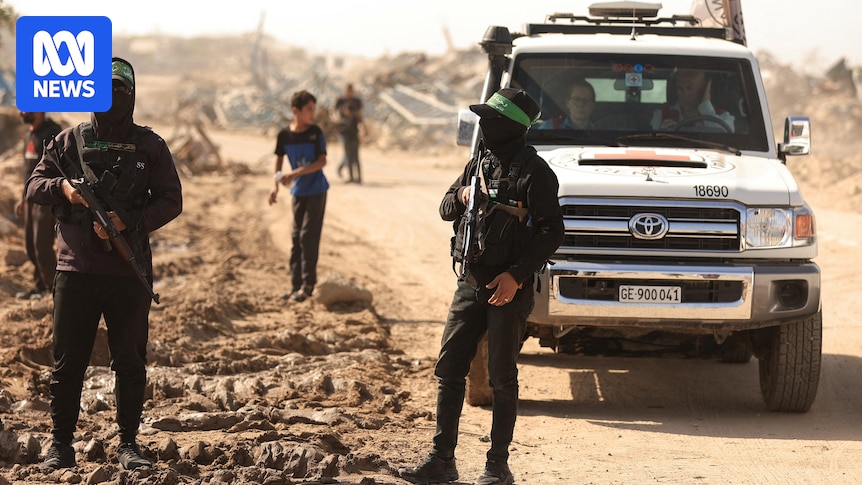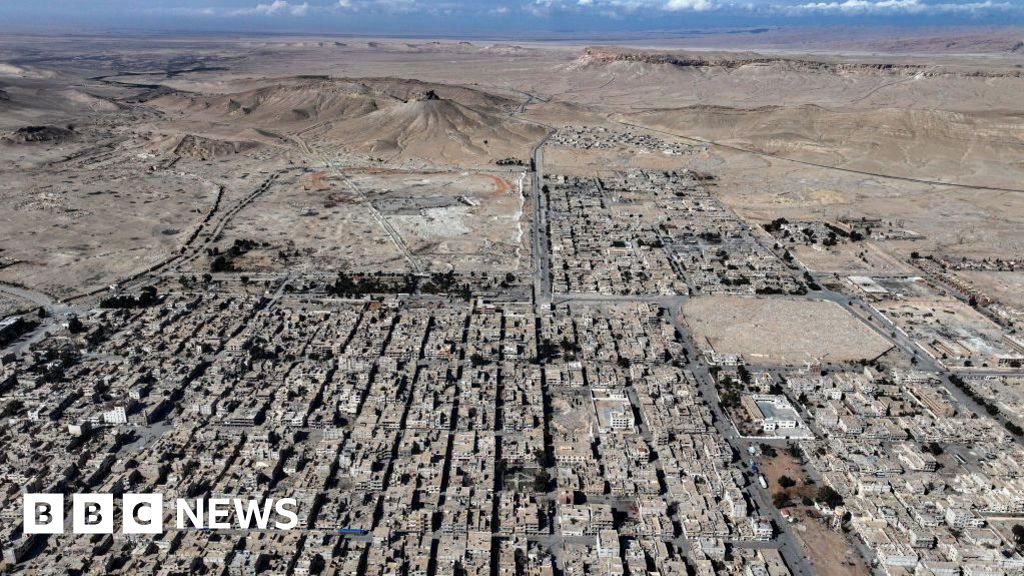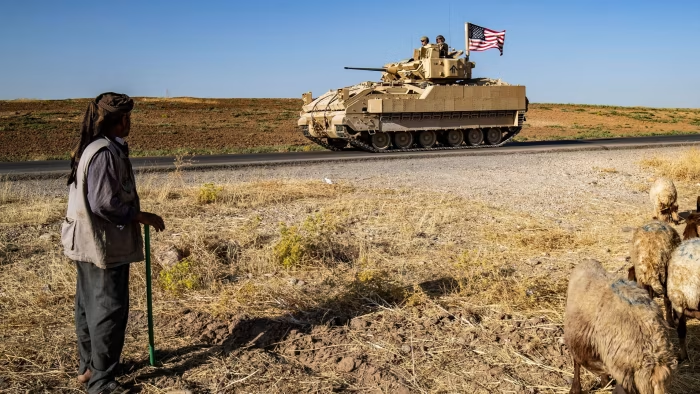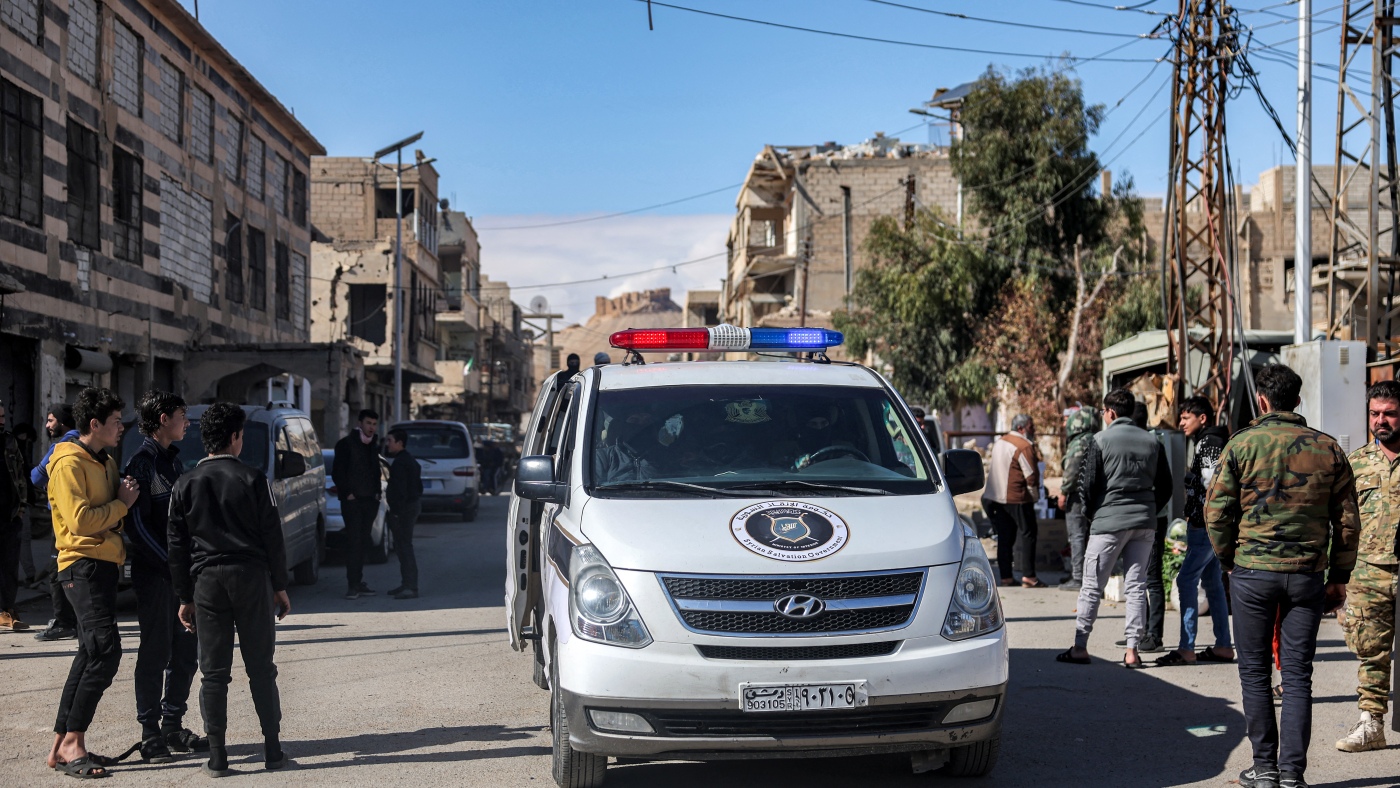The Israeli military says it has killed senior Hamas commander Raed Saed, one of the architects of the October 7, 2023 attacks on Israel, in a strike on a car in Gaza City.
The attack on Saturday was the highest-profile assassination of a senior…

The Israeli military says it has killed senior Hamas commander Raed Saed, one of the architects of the October 7, 2023 attacks on Israel, in a strike on a car in Gaza City.
The attack on Saturday was the highest-profile assassination of a senior…

Wintry weather is sweeping across parts of the United States this weekend, bringing with it brutally low temperatures.
Nearly 49 million people from the Northern Plains through the Southeast are under cold weather alerts. Impacted cities include…

Just as record-level flood waters that triggered widespread evacuations begin to recede in western Washington state, residents of the Pacific north-west are bracing themselves for another strong weather system that is likely to swell rivers back…

Lionel Messi’s tour of India kicked off chaotically on Saturday as fans threw objects, ripped up seats and invaded the pitch at Kolkata’s Salt Lake Stadium after the Argentine soccer great made only a brief appearance at a ticketed event.
Director…

Two US soldiers and a US civilian interpreter have been killed in Syria in an ambush by an Islamic State gunman, the US Central Command has said.
Officials said three other service members were injured in the attack, during which the gunman was…


Unlock the White House Watch newsletter for free
Your guide to what Trump’s second term means for Washington, business and the world
Two US soldiers and a civilian American interpreter have been killed in Syria on Saturday in an attack that also…

A police vehicle of the interim Syrian government moves through a street in Palmyra in central Syria on Feb. 7. On…

Tensions between the US and Venezuela are soaring after American forces seized an oil tanker in the Caribbean Sea.
The White House has said the vessel captured on Wednesday was part of a “shadow fleet” used to carry “black market” oil.
Reports have…